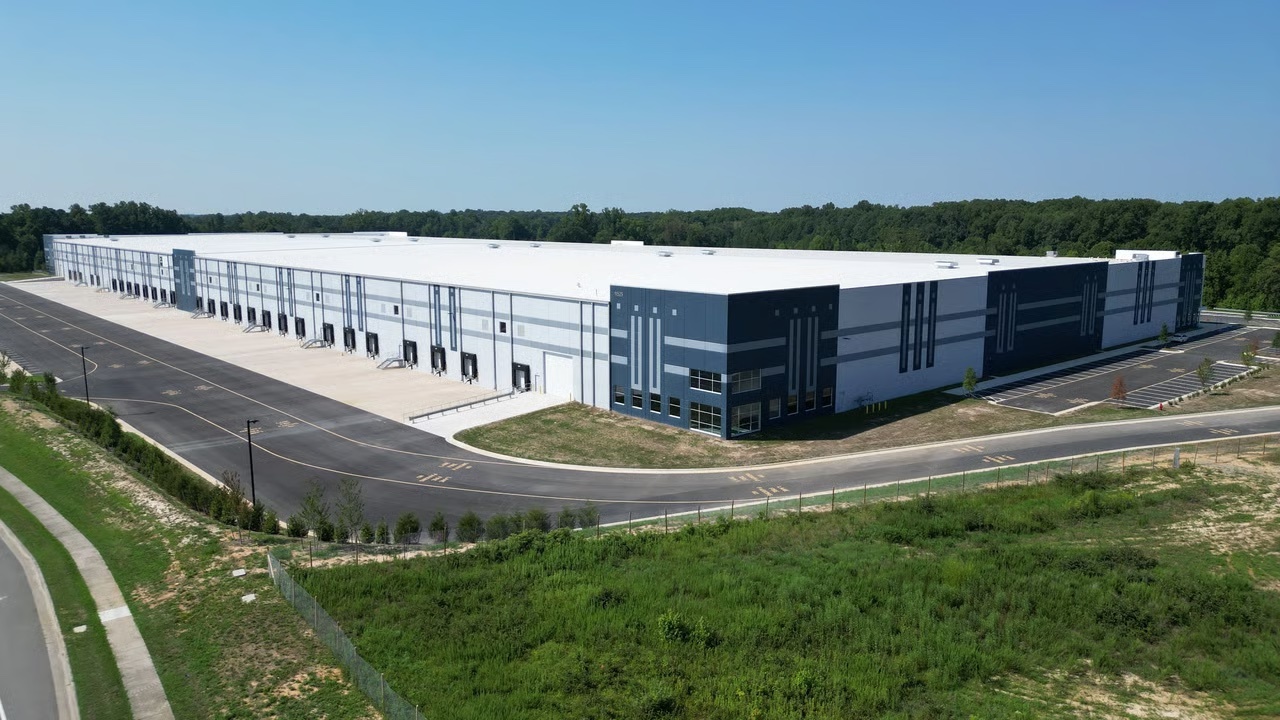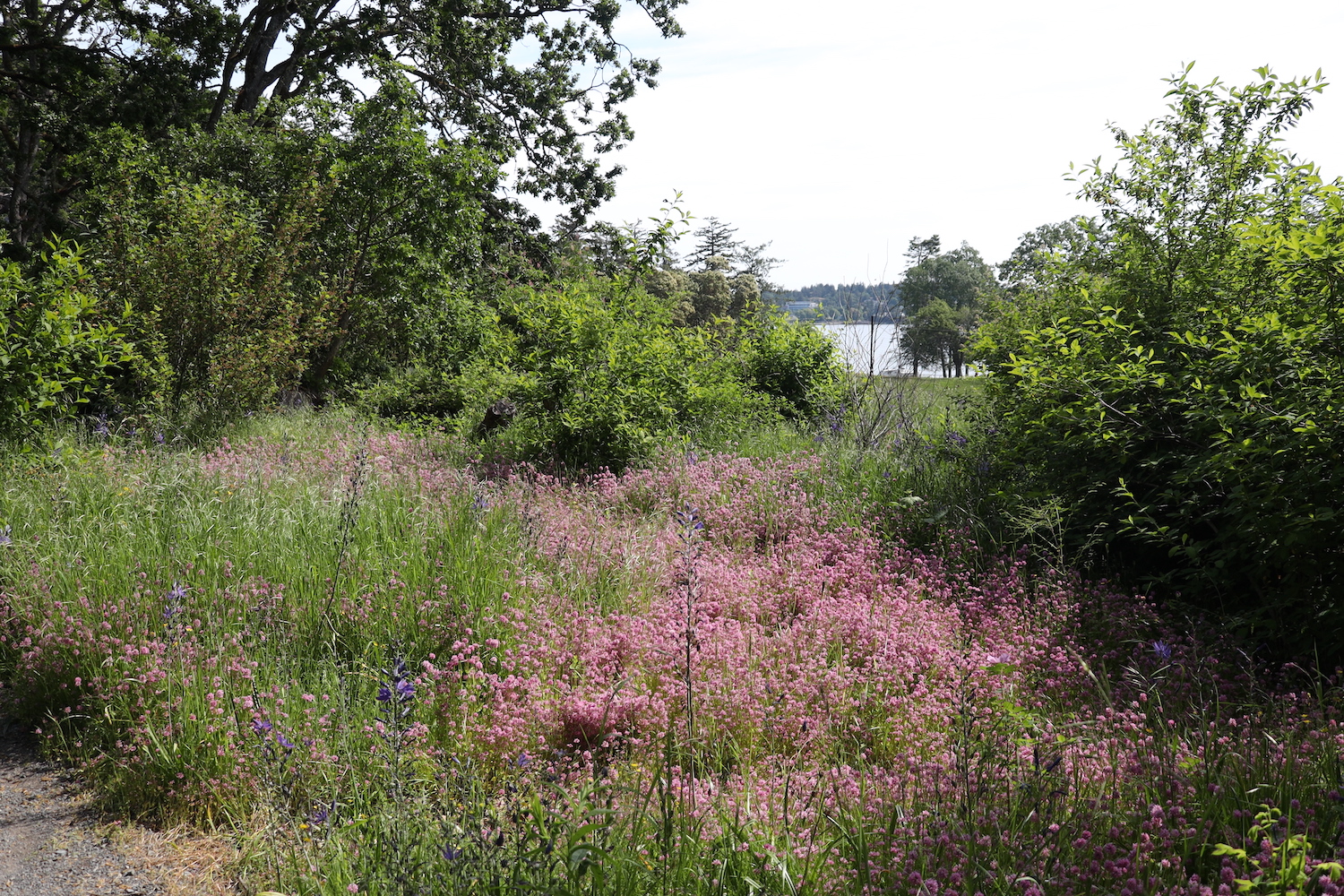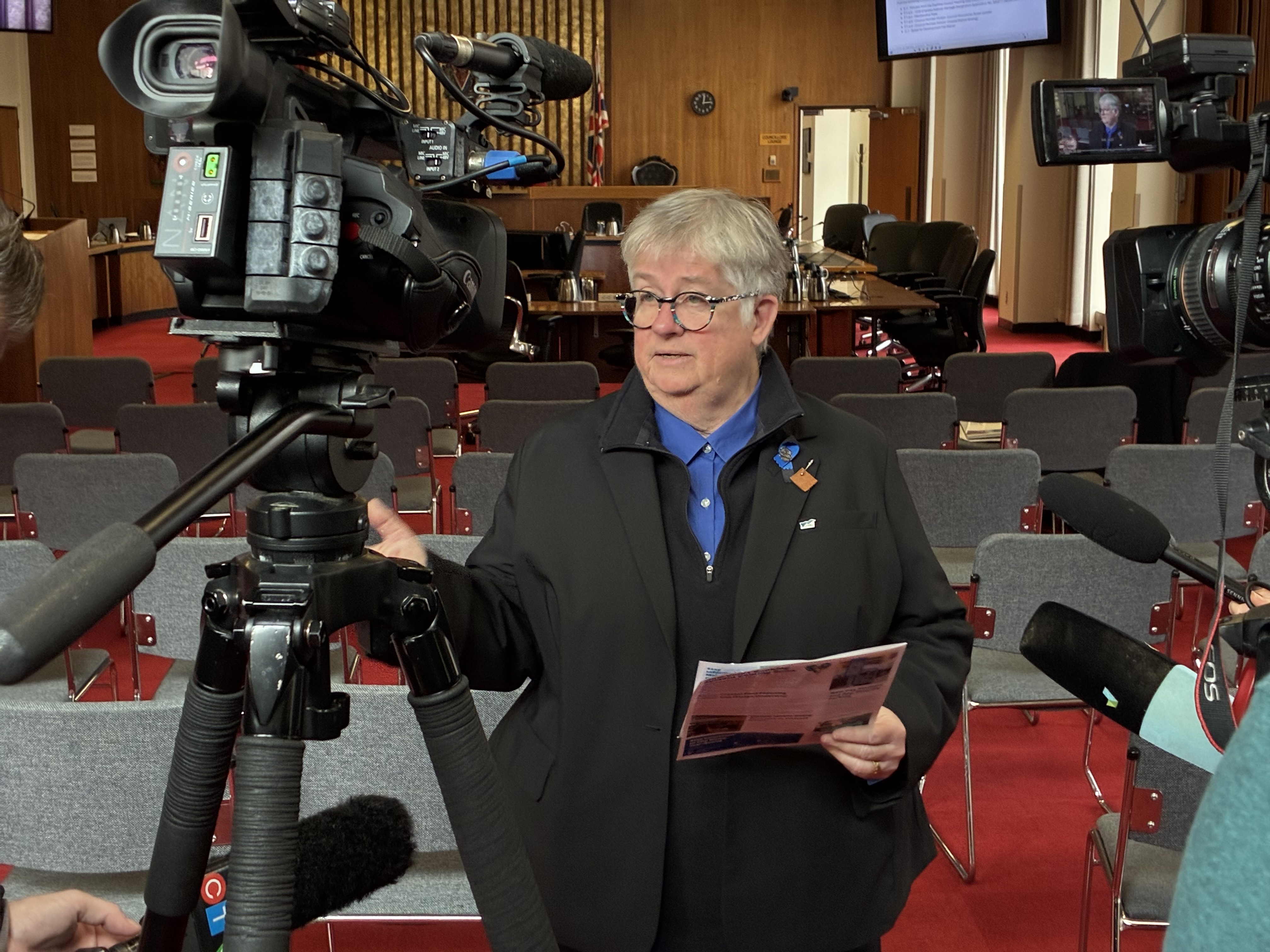The Union of BC Municipalities (UBCM) convention is over for another year. The local politicians who attended from across the province will soon be working on the next steps for resolutions endorsed by delegates this year.
The provincial and federal governments will be asked to invest in preserving the Island Rail Corridor following the UBCM’s endorsement of a resolution proposed by View Royal—a result that thrilled Island Corridor Foundation CEO Larry Stevenson.
Previous attempts to secure support for the issue have been unsuccessful, with the state of the 295 km corridor—which the foundation owns—considered a regional rather than a provincial concern, said Stevenson.
Union of BC Municipalities delegates participated in the first of three resolution sessions yesterday. “It goes to the bigger transportation discussion,” Stevenson said. “We need to start paying attention to our transportation infrastructure. It's important and we need to make sure it's there.”
The aim of the resolution is to ensure the rail line “can continue to connect communities, establish safe and environmentally sound passenger and freight rail service, and strengthen economies up, down, and across Vancouver Island.”
Its endorsement is timely as the federal government has a court-mandated deadline of March 2023 to decide whether it wants to see passenger trains run along the tracks again—something that has not happened since 2011—and whether it is willing to contribute cash to that endeavour. Premier John Horgan pronounced the plan dead in off-the-cuff remarks this summer, but the resolution gives its proponents hope that support from municipalities can keep it alive.
The resolution passed with an amendment for “full engagement and consultation with First Nations” whose territory is part of or adjacent to the corridor as part of the process.
“I'm really happy to see that in there because it's so so important to what we're doing,” Stevenson said.
Plethora of housing-focused policies passed
Housing-related proposals were a major focus for delegates from the Capital Regional District with Saanich celebrating the passage of a resolution asking the province to allow municipalities to make inclusionary zoning mandatory—requiring developers to include a certain percentage of affordable housing units in new residential developments or make community amenity or cash contributions instead.
Victoria saw some of its housing-related resolutions passed: one calling for a provincial non-profit housing acquisition strategy, the other for the reinstatement of legal aid funding for tenancy issues.
The city’s resolution that would have asked the province to look at the issue of vacancy control—potentially limiting allowable rent increases between tenants—failed by just seven votes but outgoing councillor Sarah Potts sees momentum behind the issue. It had previously passed at the regional convention.
“In 2018, there is no way this motion would have passed at the [regional convention] and that it would have come so close to passing at [the UBCM convention],” Potts told Capital Daily. “While it does sting to lose by seven votes, I think it shows a real shift and a drive towards addressing soaring unaffordability.”
At least one council hopeful has pledged to revive the issue, if elected: candidate Susan Kim’s platform promises to “lobby the province to limit rent increases in between tenancies.”
Victoria’s resolution to push for federal guaranteed basic income also passed, as did a joint resolution from Saanich and View Royal calling for the provincial government to address BC’s family doctor shortage in a way that reflects “the urgency of any state of emergency.”
Central Saanich proposal could let some teens bus for free
An ask to raise the eligibility for free transit to 13 was endorsed by delegates without debate. The Central Saanich resolution seeks to increase the number of kids who can ride the bus without paying, following the implementation of free transit for kids 12 and under by the province last September.
Bumping the eligibility age by one year would “reduce the current disparity between the ‘have fare-free’ and those who ‘have not’ within middle schools,” per the proposal, which Central Saanich Coun. Carl Jensen introduced.
“If you look at the schools, in terms of who's riding the bus, there aren't as many of the kids in that younger cohort,” Jensen said “Let's help those families with saving a few bucks.”
Jensen is hopeful the province will act on the endorsed resolution.
“We're not asking for a lot, so it's something that we think they can get behind.”
Cleaner cruising could come from Vancouver resolution backed by local councillors
Councillors from Langford and Victoria spoke out in support of a proposal put forward by the City of Vancouver, which calls on the province to pressure Ottawa to bring in stronger environmental protections against a specific type of wastewate discharged from cruise ships: “scrubber washwater.”
Langford Coun. Lillian Szpak said she heard from Langford residents concerned that Canada is “letting ships treat the ocean as their personal dumping grounds.”
“This pollution is happening because of a sneaky device called a scrubber which ships use to scrub the pollutants from the exhaust plume,” Szpak said. “This creates toxic washwater that can be up to 125,000 times more acidic than the surface of the ocean, and is highly carcinogenic.”
Victoria Coun. Ben Isitt also spoke in favour of the resolution.
“There is a cleaner way for the ships to operate that will cause less pollution to our local waterways and to the health of the marine ecosystem off of our communities,” he said. “I think this is a very supportable resolution calling on the province to work with us to advocate to the federal government to ensure proper regulations of the cruise ship sector that protects the natural environment.”
The right to dry clothes, dryer-free
BC could have a Clothesline Act if the province heeds a resolution endorsed at this year’s convention.
The proposal, brought forward by the City of Powell River, would ban any bylaw or rule that “unreasonably restricts the installation or use” of outdoor clotheslines and clothing racks.
“This is to ask for reasonable opportunity for people who want to have clotheslines, or those little clothes racks on their decks of their strata or condo, to be able to do that,” said Powell River Mayor Rob Southcott. “It's a baby step to give those people who want to, to recognize the fact that closed electric clothes dryers suck up probably more electricity than any other appliance in our dwellings.”
Not all delegates were ready to fall in line with the proposal, however.
Invermere Councillor Gerry Taft to delegates, “I support clothes, I support clotheslines” before adding he opposed the motion because passing it would make delegates “look silly.”
But Taft was the lone dissenting voice to speak to the resolution, which was soon endorsed by a majority of voting delegates.
The future of small-scale clothes drying in BC is now in the hands of the Ministry of Energy, Mines and Low Carbon Innovation.

















